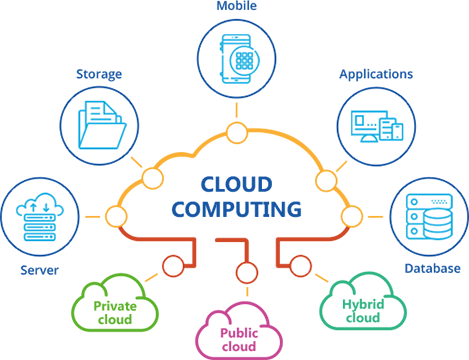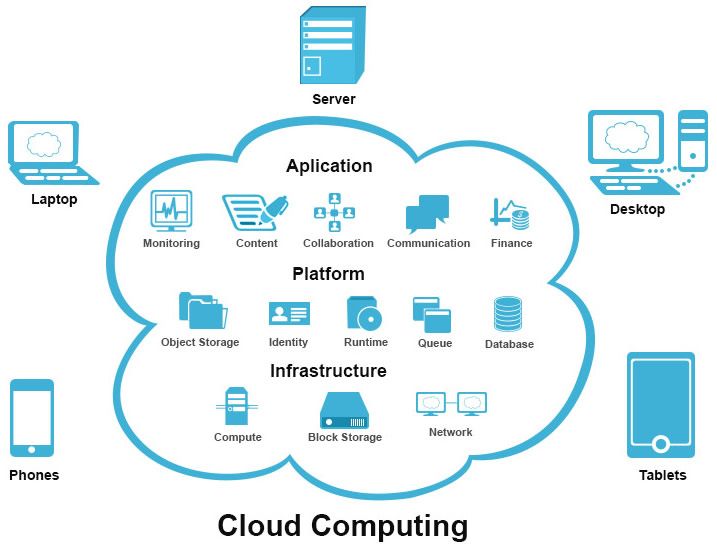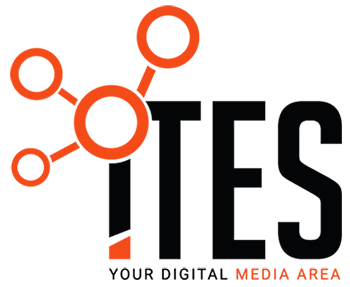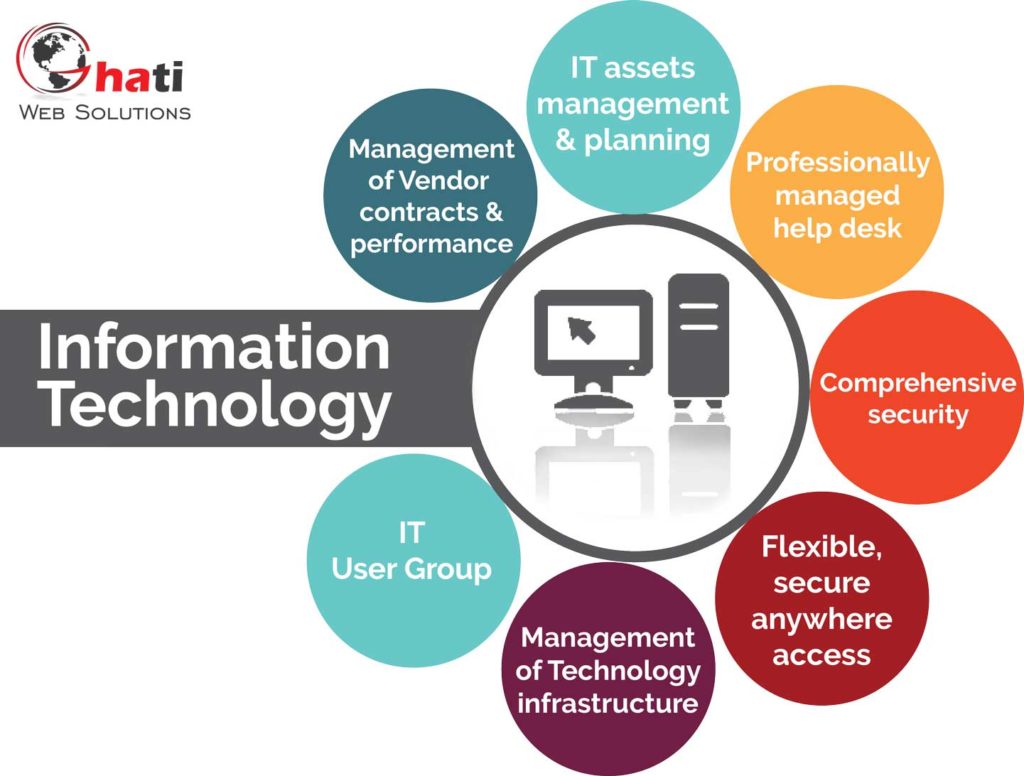Top 10 IT Jobs In India For Freshers
Finding the ideal employment is the largest obstacle you encounter when you first enter the workforce. There are several opportunities available, but you must choose the one that best meets your needs. Continue reading if you’re seeking for one of the best jobs in India for new graduates that will pay off all those years of late-night work.
For new graduates, finding the highest-paying employment in India may seem challenging. However, once you’ve located them, your duty will become much simpler. Then you’ll be aware of your priorities. If money is a big deal to you, we’ve selected the top 9 highest-paying jobs in India for new graduates. If you wish to work in technology, the list also includes the top IT jobs for new graduates. The most lucrative positions in India for new graduates are those that are both well-liked and underutilized, which raises the salary bar.
As a fresher in the IT industry, choosing the right job can be crucial to kickstart your career. The right job can provide you with valuable experience and help you develop your skills, while the wrong job can lead to dissatisfaction and a lack of growth. In this article, we will discuss ten different IT jobs that are popular among freshers and discuss their roles, job requirements, potential industries, and important concepts.
Data Analyst
A data analyst is responsible for collecting, processing, and performing statistical analysis on large data sets. They work with various industries such as finance, healthcare, retail, and technology. To become a data analyst, one should have a degree in computer science, statistics, or mathematics. Proficiency in programming languages like Python, R, SQL, and knowledge of statistical analysis tools like Excel and Tableau are essential.
Software Developer
A software developer is responsible for designing, developing, and maintaining software applications. They work in various industries like healthcare, finance, gaming, and technology. A degree in computer science, software engineering, or related fields is required. Proficiency in programming languages like Java, Python, C++, and knowledge of development tools like Git, Jenkins, and Docker are essential.
Web Developer
A web developer is responsible for designing, developing, and maintaining websites. They work in various industries like e-commerce, healthcare, media, and technology. A degree in computer science, web development, or related fields is required. Proficiency in web development languages like HTML, CSS, JavaScript, and knowledge of web development frameworks like React, Angular, and Vue are essential.
Network Administrator
A network administrator is responsible for managing and maintaining computer networks. They work in various industries like finance, healthcare, education, and technology. A degree in computer science, network administration, or related fields is required. Knowledge of networking concepts like TCP/IP, DNS, VPN, and experience in network administration tools like Cisco, Juniper, and SolarWinds are essential.
Cybersecurity Analyst
A cybersecurity analyst is responsible for protecting computer systems and networks from cyber threats. They work in various industries like finance, government, healthcare, and technology. A degree in computer science, cybersecurity, or related fields is required. Knowledge of cybersecurity concepts like threat analysis, risk management, and experience in cybersecurity tools like Wireshark, Nessus, and Metasploit are essential.
Cloud Architect
A cloud architect is responsible for designing and maintaining cloud infrastructure. They work in various industries like finance, healthcare, education, and technology. A degree in computer science, cloud computing, or related fields is required. Knowledge of cloud technologies like AWS, Microsoft Azure, Google Cloud Platform, and experience in cloud infrastructure management tools like Terraform, Ansible, and Kubernetes are essential.
UI/UX Designer
A UI/UX designer is responsible for designing the user interface and user experience of software applications or websites. They work in various industries like e-commerce, healthcare, gaming, and technology. A degree in computer science, graphic design, or related fields is required. Knowledge of design tools like Sketch, Figma, Adobe XD, and user behavior concepts like user personas, user testing, and wireframing are essential.
Quality Assurance Engineer
A quality assurance engineer is responsible for ensuring that software applications are meeting quality standards. They work in various industries like finance, healthcare, gaming, and technology. A degree in computer science, software engineering, or related fields is required. Knowledge of testing methodologies like regression testing, functional testing, and experience in automation tools like Selenium, Appium, and TestNG are essential.
Technical Writer
A technical writer is responsible for creating technical documents like user manuals, API documentation, and online help systems.
Wrapping up
In conclusion, the IT industry in India is rapidly growing, providing a plethora of job opportunities for freshers. Choosing the right IT job can be overwhelming, but with a clear understanding of each job’s roles, requirements, and potential industries, freshers can make informed decisions about their career path. The top 10 IT jobs in India for freshers include data analyst, software developer, web developer, network administrator, cybersecurity analyst, cloud architect, UI/UX designer, quality assurance engineer, technical writer, and digital marketing specialist. Each job offers unique opportunities for growth and development, and with the right skills, dedication, and passion, freshers can build a successful career in the IT industry.
Frequently Asked Question
A data analyst is responsible for collecting, processing, and performing statistical analyses on large datasets. The job requirements include knowledge of programming languages such as SQL and Python, data visualization tools such as Tableau, and statistical concepts like regression analysis and hypothesis testing.
Data analysts can work in various industries such as finance, healthcare, marketing, and e-commerce.
A software developer is responsible for designing, coding, testing, and maintaining software applications. The job requirements include knowledge of programming languages such as Java, C++, or Python, proficiency in software development tools and frameworks, and experience in software development methodologies such as Agile or Scrum.
Popular programming languages for software development in India include Java, Python, C++, and JavaScript. Important software development toolkits include Spring, Hibernate, and React.
A web developer is responsible for designing, developing, and maintaining websites and web applications. The job requirements include knowledge of web development languages such as HTML, CSS, and JavaScript, proficiency in web development frameworks like React or Angular, and experience in web development methodologies such as Agile or Waterfall.
Popular web development languages in India include HTML, CSS, and JavaScript. Important web development frameworks include React, Angular, and Node.js.
A network administrator is responsible for managing and maintaining computer networks, ensuring network security, and troubleshooting network issues. The job requirements include knowledge of networking concepts like TCP/IP, DNS, and VPNs, proficiency in network administration tools such as Wireshark or Nagios, and experience in network management methodologies such as ITIL or COBIT.
Important cybersecurity concepts for a cybersecurity analyst include threat analysis, risk management, intrusion detection and prevention, and incident response.
A cloud architect is responsible for designing and implementing cloud-based solutions for businesses. The job requirements include knowledge of cloud technologies such as Amazon Web Services (AWS) or Microsoft Azure, proficiency in cloud-based tools such as Docker or Kubernetes, and experience in cloud architecture methodologies such as DevOps or Serverless computing.
A technical writer is responsible for creating and maintaining technical documentation for software applications, products, or services. The job requirements include excellent writing skills, knowledge of document management tools such as Microsoft Word or Adobe Acrobat, and proficiency in writing styles such as technical writing, instructional writing, or marketing writing.








